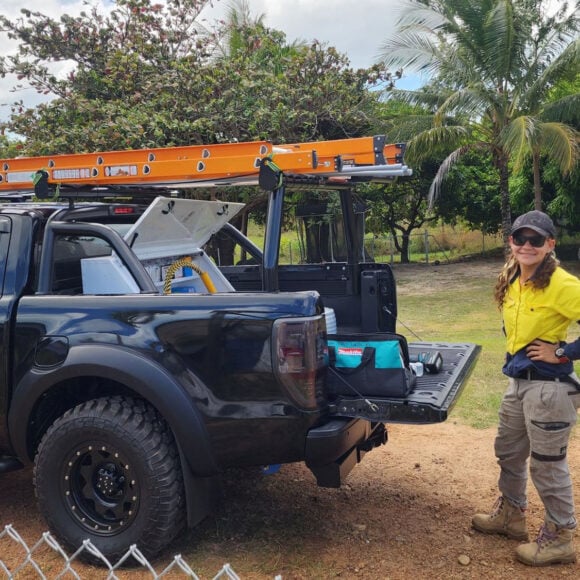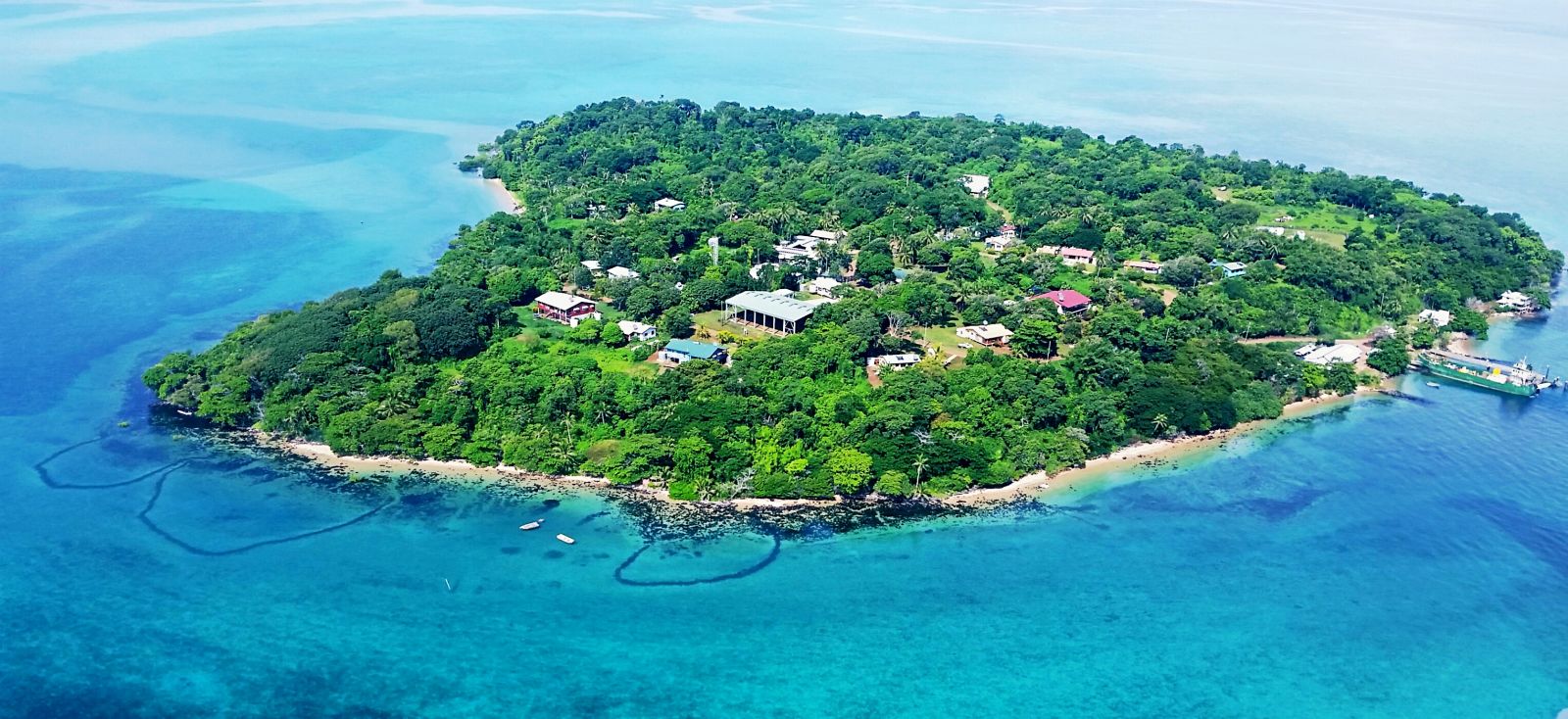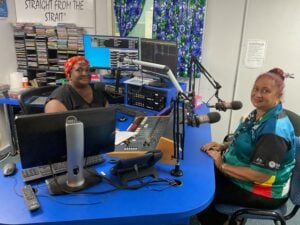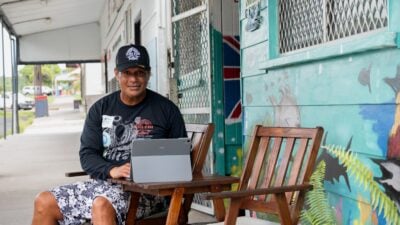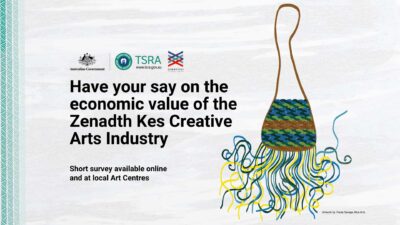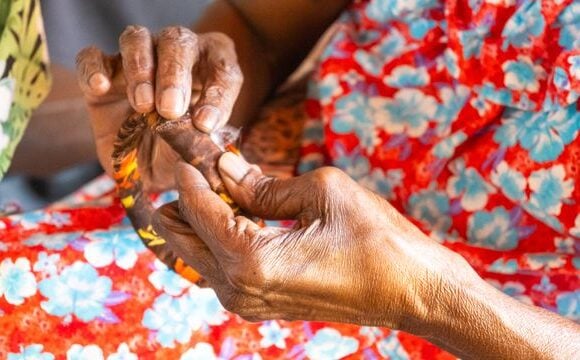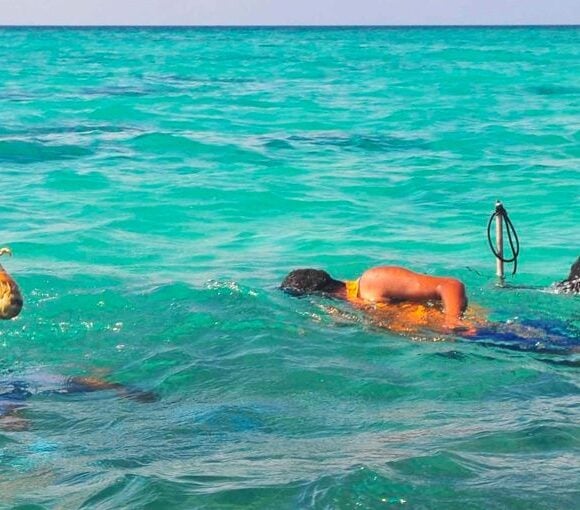Program Overview
Enhance the region’s wealth by creating sustainable industries and increasing employment opportunities for our people equivalent to the wider Australian community.
- You Sabe Business courses on Waiben
- participants
- satisfaction rating from participants
- %
Initiatives
-
Delivering concessional/ business loans.
-
Providing business training and support for Indigenous business and economic growth.
-
Identifying employment and training opportunities.
-
Delivering the TSRA Regional Economic Investment Strategy targeting assistance and priority to focal industry sectors and addressing economic enablers.
-
Supporting increased home ownership.
-
Facilitating economic development by promoting sustainable projects and improving Indigenous employment measures.
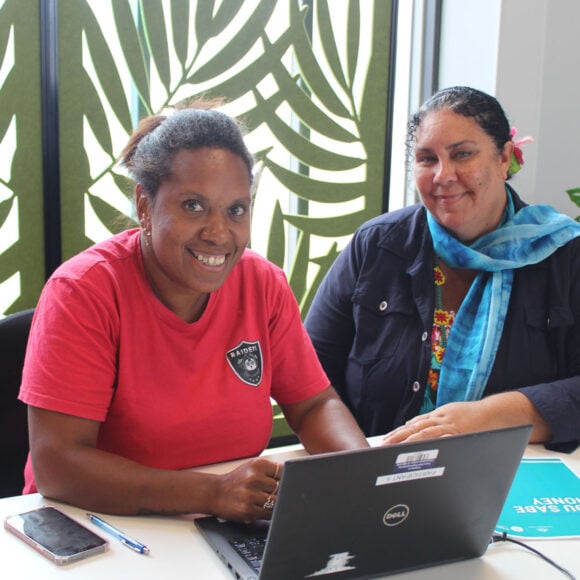
Key activities

Regional Economic Investment Strategy
Informed, strategic and targeted approach to provide business support in our region.

Business Growth Package
A mix of financial (loan and grant funding), business and industry support services.

Concessional Business Loan
Support to start, buy and own commercially viable businesses.

You Sabe Business Workshops
Free workshops for aspiring and established local Torres Strait Islander and Aboriginal business owners.

Home Ownership Program
Home loans at concessional interest rates for eligible Torres Strait Islander and Aboriginal people living in the region.

Business Support Service
Business mentoring and support services from industry experts.
Program resources
